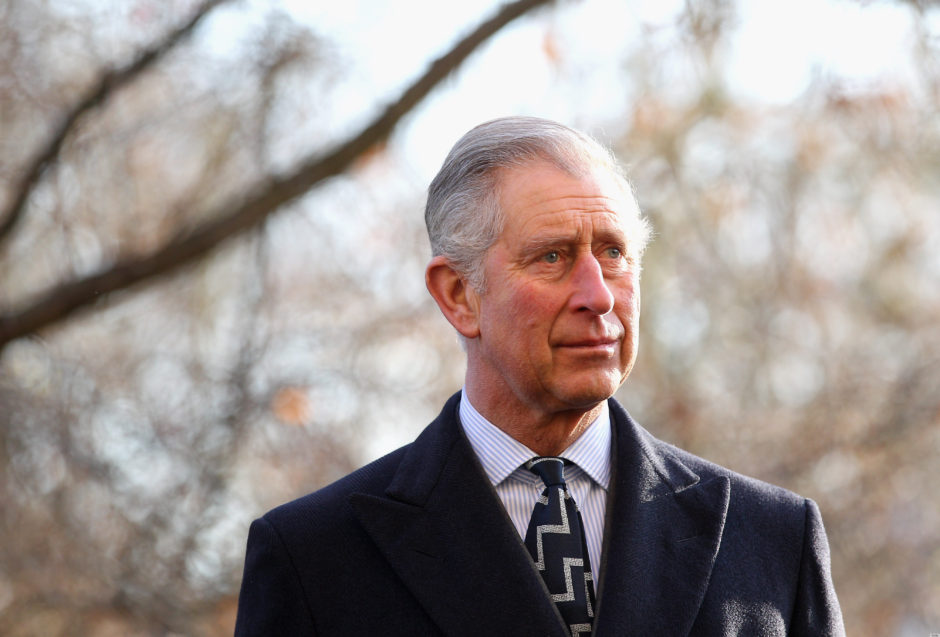Confusion has arisen over whether a member of the British royal family will pay an official visit to Israel this year, the centenary of the historic Balfour Declaration.
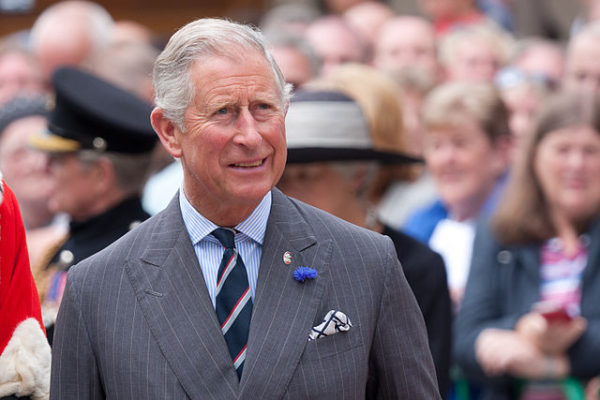
An invitation was extended to Prince Charles, the heir to the throne, when Israeli President Reuven Rivlin met British Foreign Secretary Boris Johnson in London about two months ago.
A few days ago, the Sun, a British tabloid, disclosed that Charles’ visit had been cancelled by the Foreign Office due to concerns that it would upset Arab countries. This news came as no surprise. Not a single royal has paid a state visit to Israel since its creation in 1948.
Strangely enough, as the Sun further reported, the Foreign Office denied a visit had even been planned, while Charles’ office indicated that he had never received Rivlin’s invitation.
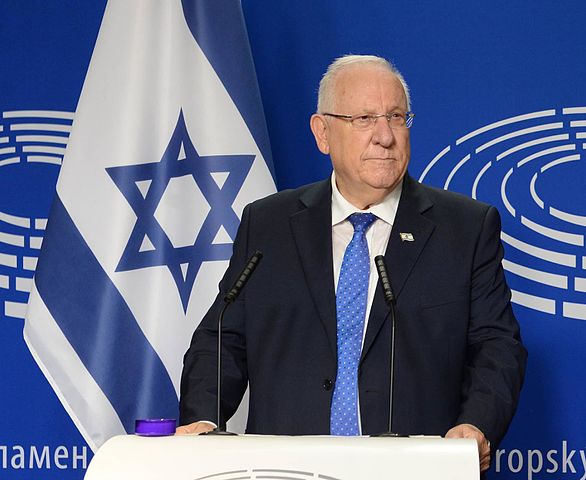
As a result of the apparent mixup, Rivlin resent the invitation to Charles. It remains to be seen how he will respond, but if the past is any guide, he may well find an excuse to stay at home rather than show up in Israel on an official visit.
In the last two decades, British royals have only ventured to Israel on private visits.
Prince Philip, Charles’ father, turned up in Jerusalem in 1994 to attend a ceremony organized by Yad Vashem — the Holocaust memorial and research and education centre — to honor his late mother, Alice. During the German occupation of Greece, she rescued a Jewish family, thereby earning the status of Righteous Gentile. In 1995, Charles represented Britain at Yitzhak Rabin’s funeral in Jerusalem. And last year, he was present at Shimon Peres’ funeral.
Since these visits were regarded as private, Britain and Israel were able to save face.
This charade must stop.
It’s high time for Britain’s globetrotting royal family to finally send one of its representatives to Israel on an official visit, and this is the year it should happen. As Rivlin said, “This is a very important year in the history of relations between Israel and Britain.”
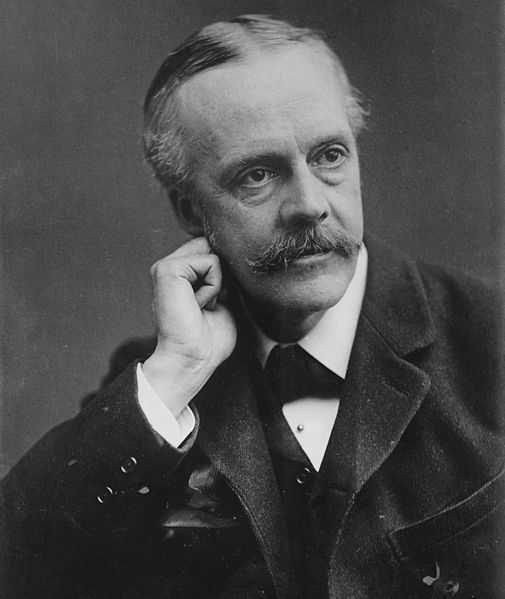
He was, of course, referring to the Balfour Declaration. Issued on November 2, 1917 by the then British foreign secretary, Arthur James Balfour, it viewed with favor a “national home” for the Jewish people in Palestine, most of whose inhabitants were Muslim and Christian Arabs.
Whether Britain — a colonial power scrambling for territory and influence in the Middle East — had a right to issue the Balfour Declaration is debatable. Be that as it may, it was of the most significant documents to emerge from World War I. It invigorated the Zionist movement, angered, alienated and galvanized the Palestinian Arab community and deepened Britain’s interest in Palestine, which had been a Turkish Ottoman domain for the four centuries. From 1922 until 1948, Britain held the League of Nations Mandate in Palestine.
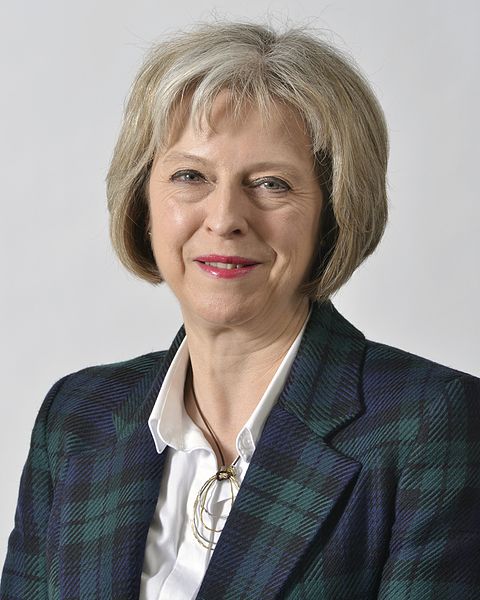
Fully cognizant of Britain’s place in 20th century Palestine, British Prime Minister Theresa May recently said that her government will actively commemorate the centenary of the Balfour Declaration. As she noted, “It demonstrates Britain’s vital role in creating a homeland for the Jewish people. And it is an anniversary we will be marking with pride.”
Given these circumstances, Charles should definitely visit Israel in an official capacity. Not only would he have an opportunity to recognize an event that helped pave the way to Israeli statehood. He would also have a first-hand chance to pay his respects to the thousands of British troops who were killed in the military campaigns to wrest Palestine from the grip of the Ottoman Empire. Hundreds of these fallen soldiers are buried in a beautifully-maintained cemetery in Beersheva.

Beyond these immediate considerations, the royal family has a moral obligation to break its travel boycott against Israel. Charles, as a British emissary, has paid visits to a multitude of countries. His mother, Elizabeth, the long reigning monarch, has visited more than a dozen Muslim countries ranging from Turkey, Indonesia, Saudi Arabia and Kuwait to Jordan, Morocco, Algeria and Tunisia.
In all fairness, and for the sake of balance, Israel should be added to that list.
